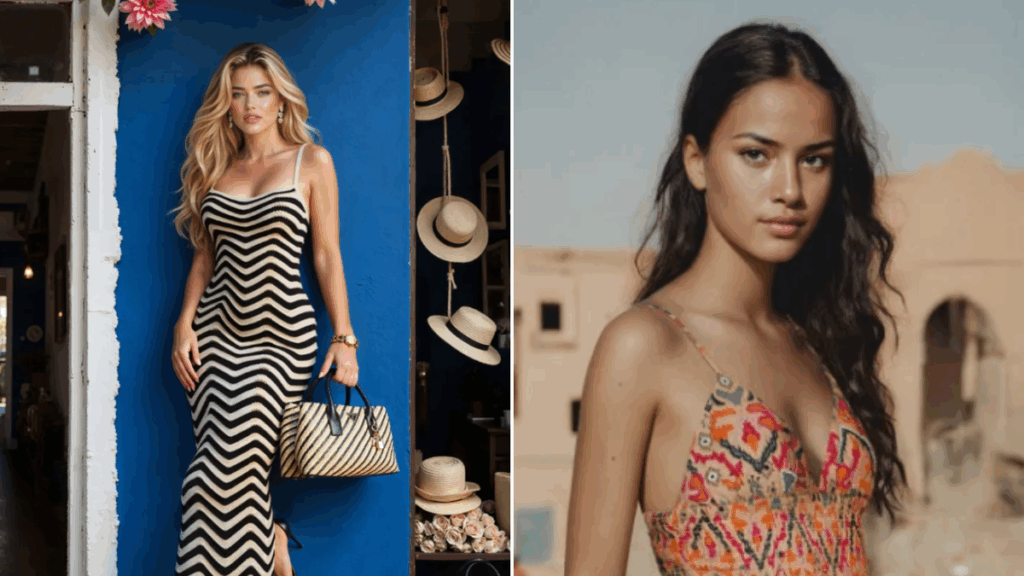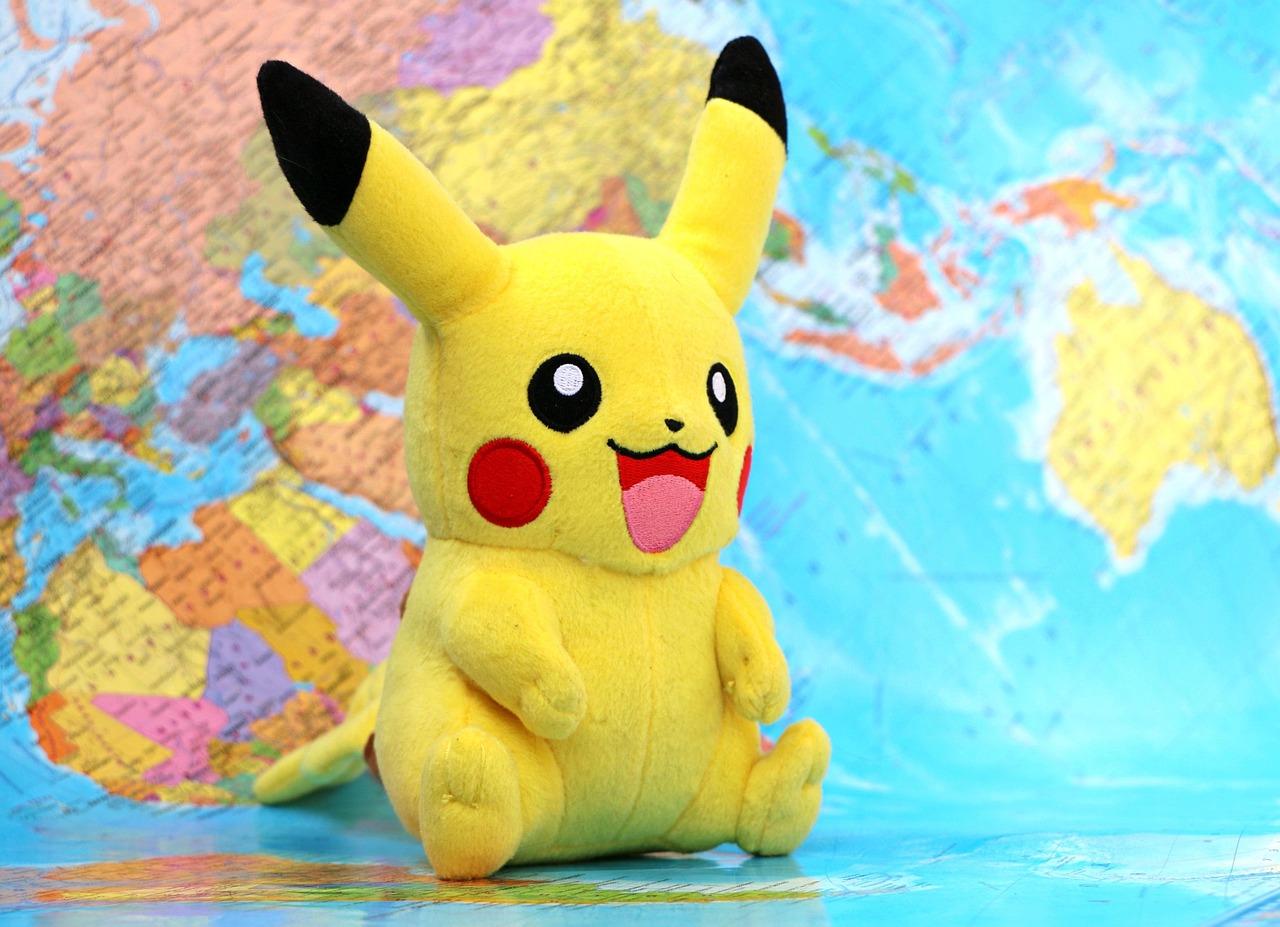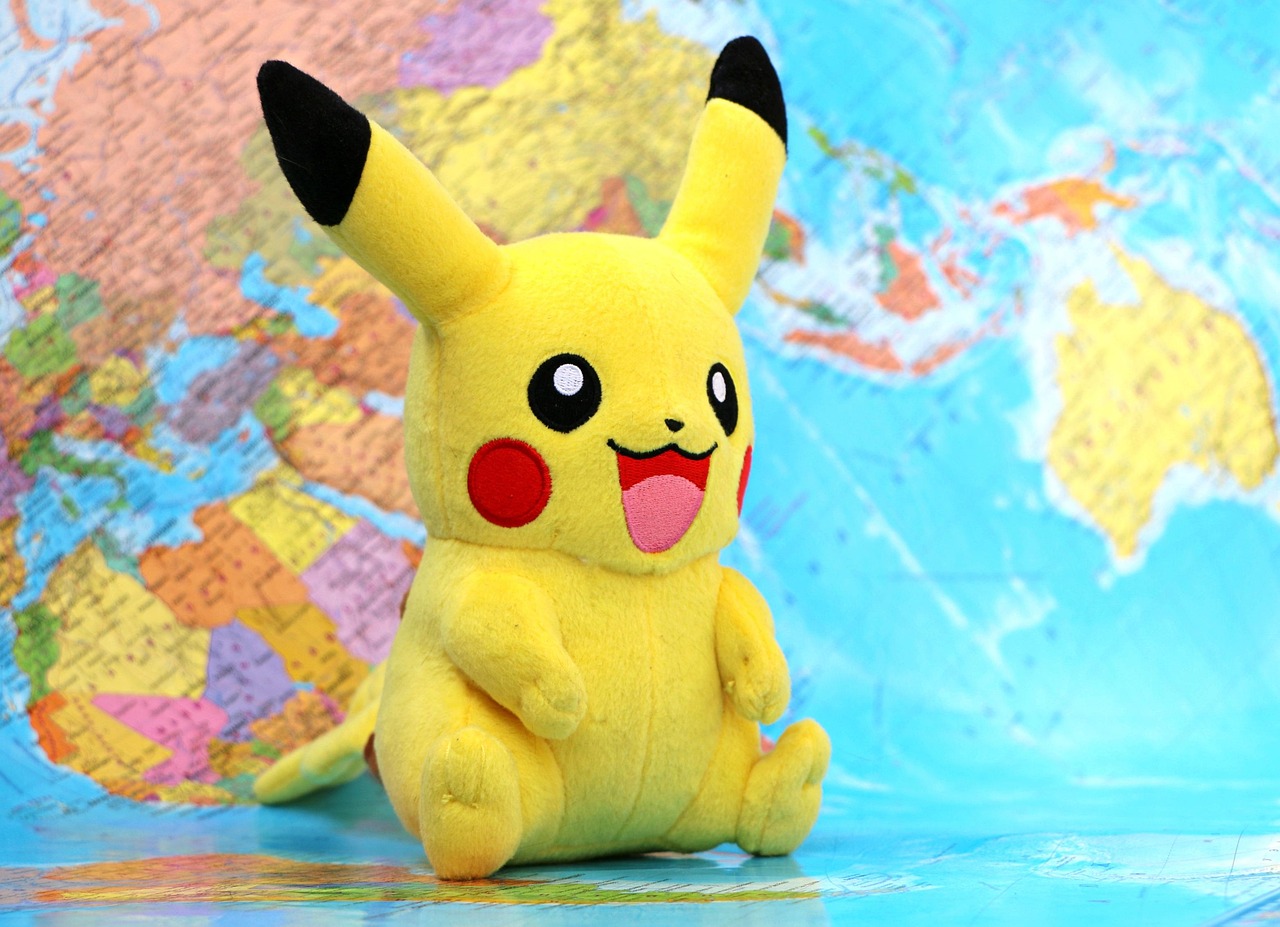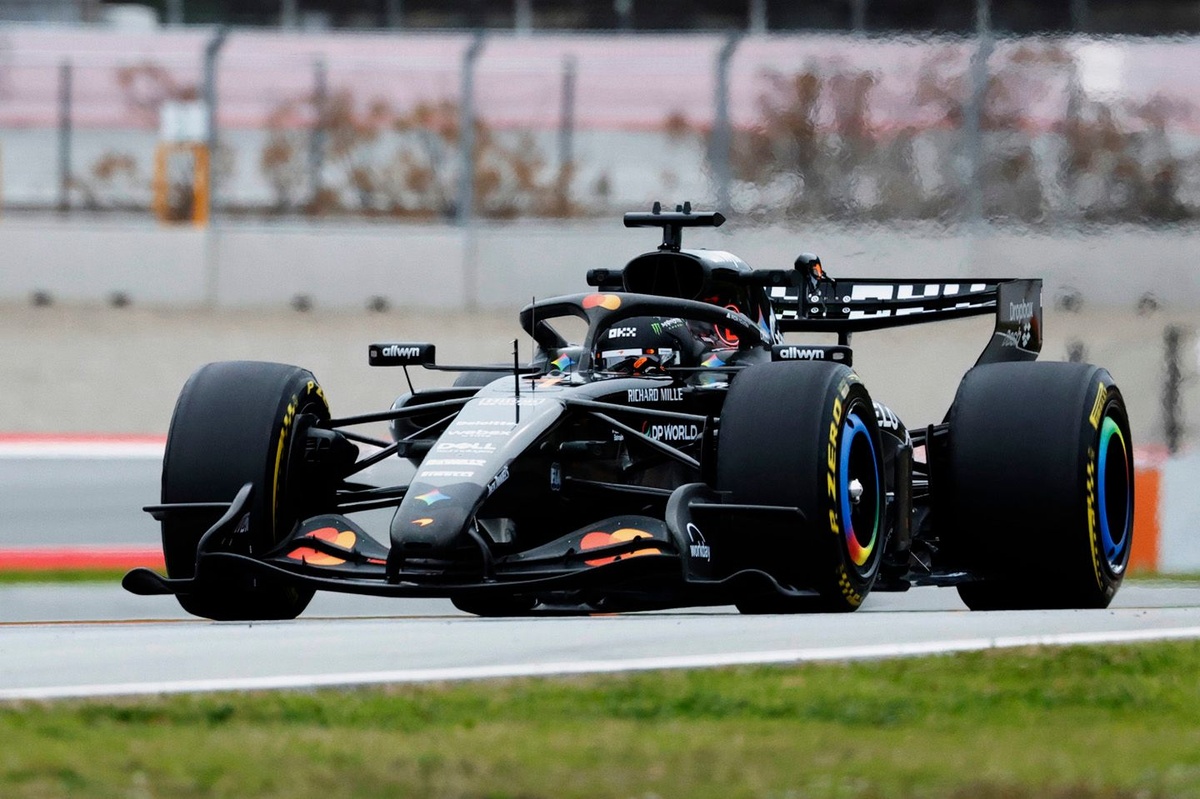
UPDATE: The August 2025 issue of American Vogue is igniting a firestorm of controversy after revealing that a featured model in a Guess advertisement is entirely generated by artificial intelligence. This revelation comes as actor Anne Hathaway graces the cover, but it’s the AI model that has become the focal point of heated discussions across social media platforms.
The campaign, created by Seraphinne Vallora, a London-based AI-driven marketing agency, showcases a Caucasian woman with wavy blonde hair modeling chic outfits. However, a small print disclosure reveals that this model does not exist in real life. The shocking discovery has prompted fierce reactions from consumers, particularly on TikTok, where one user, @lala4an, has garnered over 2.7 million views on a video discussing the ad.
Critics are voicing concerns about the implications for real-life models, especially regarding representation and body image. One TikTok user expressed disbelief, stating, “Now we have to compare ourselves to women that don’t even exist?” The backlash has led to calls for a boycott of both Guess and Vogue, highlighting the emotional toll of AI representation in fashion.
The debate intensified after Condé Nast, Vogue’s parent company, confirmed that while AI models have not appeared editorially in Vogue, other international editions have featured digital models. For instance, Vogue Singapore showcased AI-generated avatars in its March 2023 issue.
Valentina Gonzalez and Andreea Petrescu, the co-founders of Seraphinne Vallora, argue that the outrage is misplaced. They clarified in an interview that their campaign involved a real model who informed the AI’s design. “We still hire models,” Petrescu stated, emphasizing the collaborative nature of their work with Guess co-founder Paul Marciano.
As the use of AI models grows, other brands have also faced backlash. Mango introduced its first AI-generated campaign last July, while Levi’s announced plans for AI models to promote diverse body types. Critics contend that using AI could undermine opportunities for real models and perpetuate unrealistic beauty standards.
The ethical concerns surrounding AI in fashion are gaining traction. Sara Ziff, founder of the nonprofit Model Alliance, stresses the need for responsible use of the technology. She highlights the importance of ensuring that those who create and represent fashion remain compensated and visible.
Meanwhile, brands like H&M are exploring AI “twins” of real models, allowing them to appear in multiple campaigns simultaneously. H&M’s chief creative officer, Jörgen Andersson, stated, “We recognise that there are many questions and concerns around our engagement in AI, however, we are committed to approach this ethically, transparently, and responsibly.”
As the fashion industry adapts to this shift, the potential for AI models continues to expand. While advocates argue that AI can enhance marketing efficiency, critics warn of the risks posed to real-life models and the authenticity they bring to campaigns.
The conversation around AI in fashion is far from over. As brands navigate this complex landscape, consumers are urged to critically evaluate the impact of digital representations on societal beauty standards. The implications of AI models in fashion demand urgent attention and discussion, as the industry grapples with the future of modeling and marketing.
Stay tuned for more updates as this developing story unfolds.





